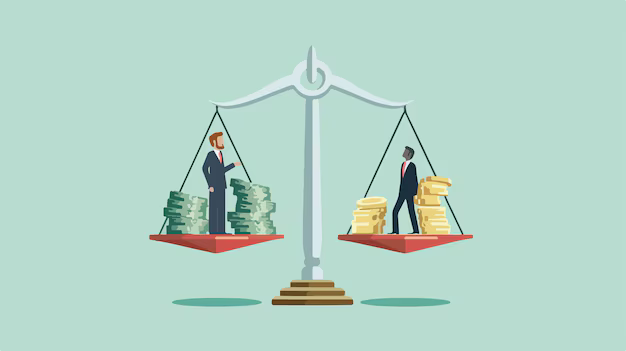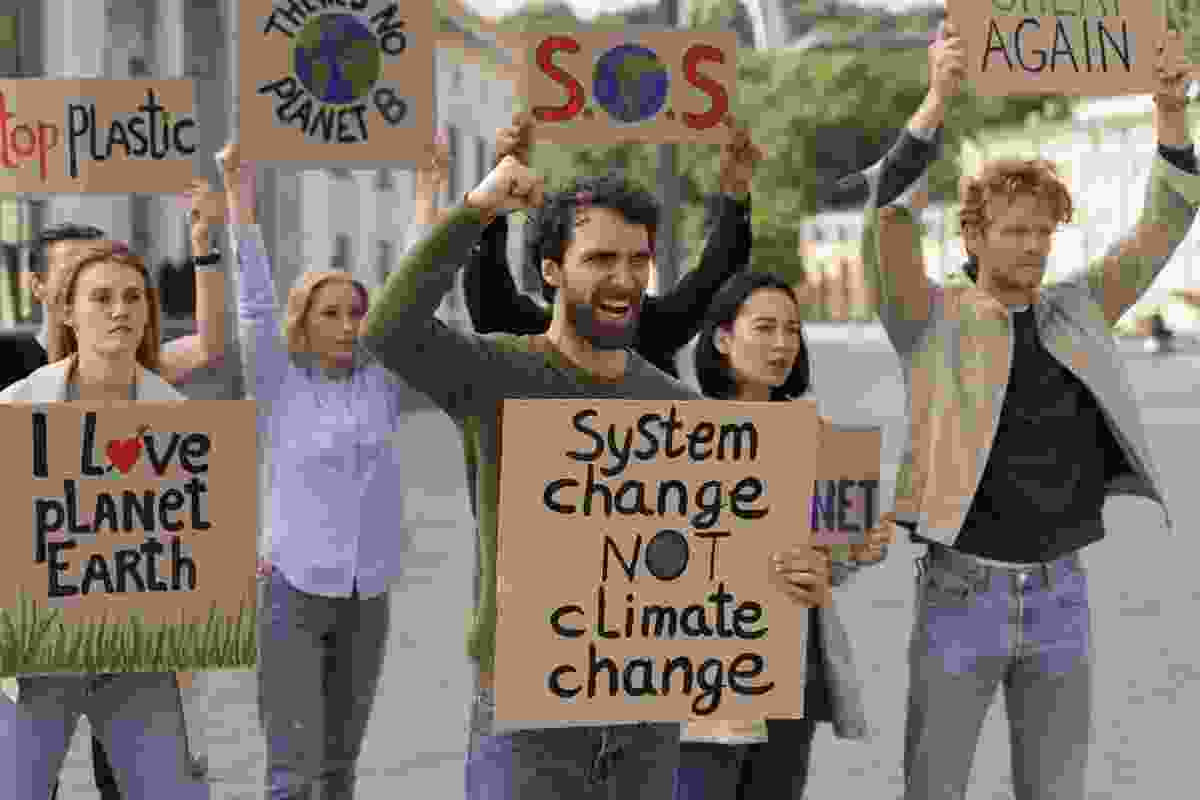Income Inequality: A Persistent Challenge
Income inequality, the unequal distribution of wealth within a society, has become a pressing global issue. It can lead to social unrest, political instability, and a decline in overall well-being.

Income Inequality: A Persistent Challenge
Income inequality, the unequal distribution of wealth within a society, has become a pressing global issue. It can lead to social unrest, political instability, and a decline in overall well-being. This article explores the root causes of income inequality and examines some of the most effective solutions to address this complex problem.
Root Causes of Income Inequality
Income inequality is a multifaceted issue with a variety of contributing factors:
- Technological Advancements: Automation and technological advancements can lead to job displacement, particularly in sectors that rely on manual labor. This can result in a widening gap between those who benefit from technological progress and those who are left behind.
- Globalization: The globalization of the economy has led to increased competition for jobs and a decline in wages for certain types of work. This can exacerbate income inequality, particularly in developing countries.
- Economic Policies: Government policies, such as tax cuts for the wealthy and reductions in social spending, can contribute to income inequality.
- Education and Skills: Access to quality education and job training is essential for individuals to achieve economic success. Inequality in education can lead to disparities in income.
- Discrimination: Discrimination based on factors such as race, gender, and age can limit opportunities for certain groups, contributing to income inequality.
Effective Solutions to Address Income Inequality
Addressing income inequality requires a comprehensive approach that addresses the underlying causes and promotes a more equitable distribution of wealth. Here are some of the most effective solutions:
- Progressive Taxation: Implementing progressive taxation, where higher earners pay a higher percentage of their income in taxes, can help redistribute wealth and reduce income inequality.
- Strengthened Social Safety Nets: Expanding access to social safety nets, such as unemployment benefits, affordable housing, and healthcare, can help protect vulnerable individuals and families from economic hardship.
- Investment in Education and Skills: Investing in education and job training can help individuals acquire the skills needed to succeed in the modern economy and improve their earning potential.
- Promoting Labor Unions: Strengthening labor unions can help workers negotiate for higher wages and better working conditions, reducing income inequality.
- Addressing Discrimination: Enacting and enforcing anti-discrimination laws can help ensure that everyone has equal opportunities to succeed, regardless of their background.
- Policies to Promote Economic Growth: Policies that promote economic growth and job creation can help reduce income inequality by increasing opportunities for individuals to earn a living.
- Income Redistribution Programs: Programs such as universal basic income can provide a safety net for individuals and families, reducing income inequality and promoting social mobility.
Challenges and Considerations
Implementing these solutions can be challenging, as they often involve trade-offs and require political will. Some potential challenges include:
- Resistance from the Wealthy: Those who benefit from income inequality may resist efforts to redistribute wealth.
- Economic Costs: Implementing certain policies, such as increased taxation or government spending, can have economic costs.
- Political Polarization: Income inequality is a divisive issue, and political polarization can make it difficult to achieve consensus on solutions.
Conclusion
Income inequality is a complex and persistent problem that requires a multifaceted approach. By addressing the underlying causes and implementing effective solutions, we can work towards a more equitable and just society. It is essential for governments, businesses, and individuals to work together to promote economic opportunity and reduce the gap between the rich and the poor.





